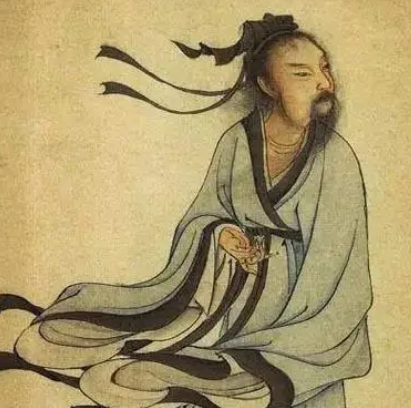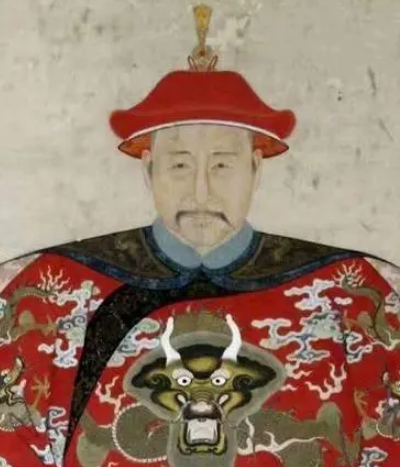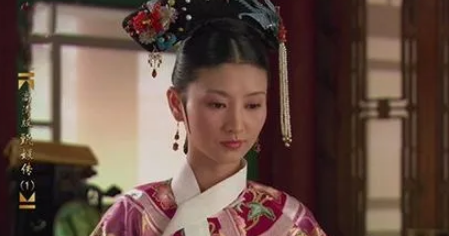Liezi: a representative figure of the Taoist school and his achievements
In the history of ancient Chinese philosophy, Liezi was an influential thinker. However, there is some controversy in academic circles about whether Liezi belongs to the Confucian school. In fact, Liezi is not a representative figure of the Confucian school, but an important member of the Taoist school. His doctrine advocates natural inaction, emphasizing conformity to nature, self-denial, and dedication to public service, which is closely related to Taoist thought.

So, who is Liezi? According to historical records, Liezi (about 450 BC - about 375 BC) was born in Zheng State (today's Xinzheng, Henan) during the Warring States Period. He lived in an era of unrest and turmoil, with feudal lords competing for supremacy and various schools of thought contending. Against this background, Liezi emerged as an outstanding philosopher, and his doctrine had a profound impact on later generations.
Liezi achieved many accomplishments in his lifetime. Firstly, his contribution to philosophy is the most significant. He inherited the Taoist thought of Laozi and developed his unique philosophical system on this basis. Liezi advocated "inaction leads to action" and believed that people should conform to nature and not intervene excessively. His thought had an important influence on the development of the later Taoist school.
Secondly, Liezi also made remarkable achievements in literature. His work "Liezi" is a collection of fables with rich imagination and humor. These stories reveal many profound philosophical truths with humorous and witty brushstrokes, and have high literary value. The book "Liezi" consists of eight chapters, including Tianrui, Huangdi, Zhoumu Wang, Zhongni, Shuofu, Yangzhu, Liming, and Yangbu, covering politics, philosophy, ethics, and other aspects.
In addition, Liezi also made contributions in natural science. He put forward many unique insights on the universe, life, and matter. For example, he proposed the view that "there is qi between heaven and earth," believing that qi is the basic element that constitutes all things. This view had a certain impact on the development of natural science in later generations.
In summary, as a representative figure of the Taoist school, Liezi made many achievements in his lifetime. His contributions in philosophy, literature, and natural science made him a pivotal figure in the history of ancient Chinese culture. Although Liezi is not a member of the Confucian school, his thoughts and achievements are still worthy of our in-depth study and inheritance.
Disclaimer: The above content is sourced from the internet and the copyright belongs to the original author. If there is any infringement of your original copyright, please inform us and we will delete the relevant content as soon as possible.
Guess you like it

What is Molossia? Why doesnt the United States govern it?

Wu Liuqi of the Qing Dynasty in History: Exploring His Legendary Life

What is the background of Kangxis Concubine Mi? Whats the truth behind his favor to her?

The Story Behind the Title of Concubine Shunyi Mi: What Kind of Person Was She?

The Sky Lantern Ritual in the Three Kingdoms Period: Exploring the Cruel Side of Ancient Criminal Law

Why does the United States recognize Molossia? What are the purposes?

The prehistoric civilization in Shan Hai Jing and Huangdis spacecraft

How ambitious was Banbushan in the Qing Dynasty? The collision between power and desire.

Favor and regret of Emperor Kangxi, who was Wenxi Noble Consort? What kind of person was she?

What is the fate of Molossia? Does it still exist now?









